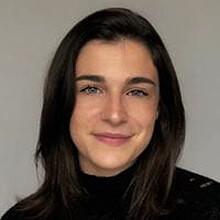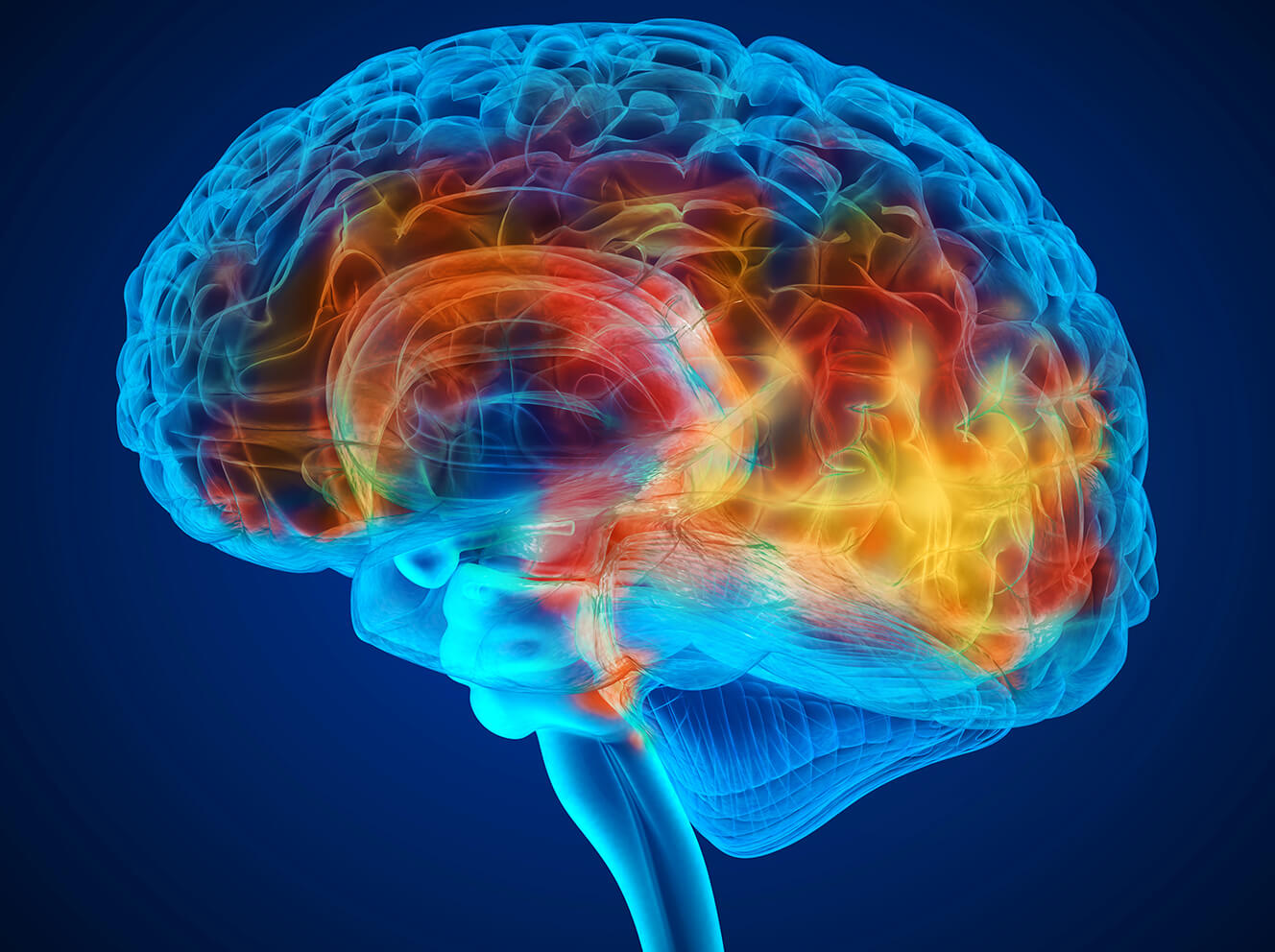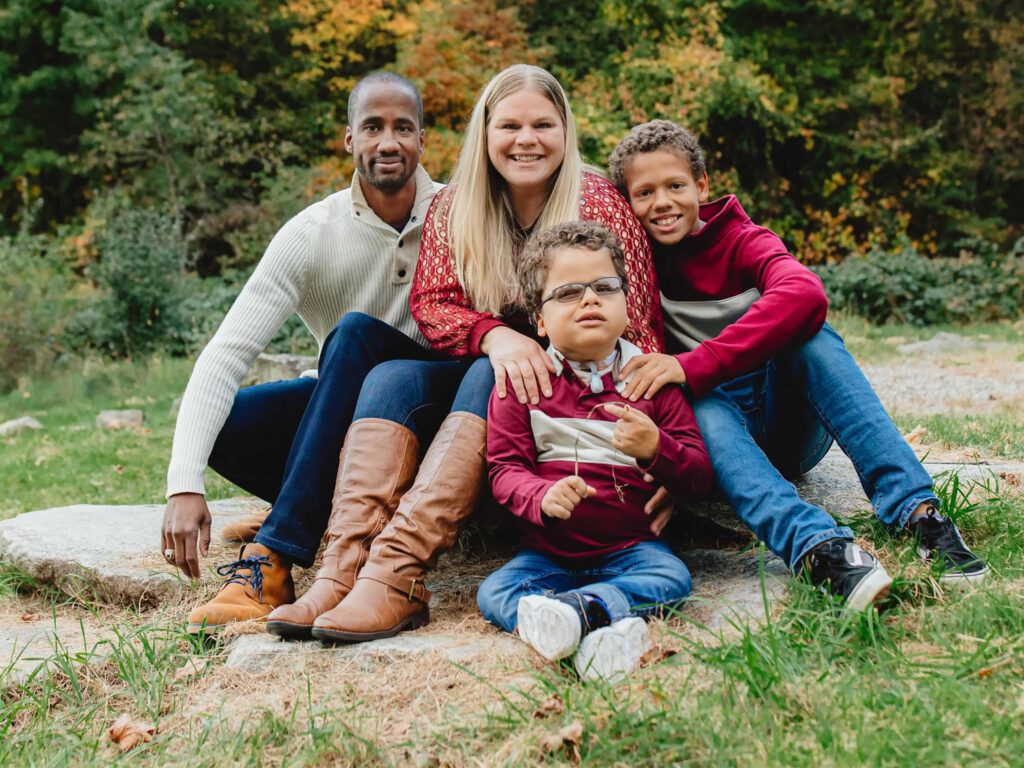Grant Jones and Clare Shaffer — PhD students and research fellows in the Neuroscience of Psychedelics atai Fellowship within the Department of Psychiatry at Massachusetts General Hospital — are using funding from atai Life Sciences to conduct groundbreaking research into the therapeutic potential of psychedelics. The funding has allowed Grant, Clare and other members of their cohort to pursue a wide range of projects, setting them on the path to make significant advances in this promising and under-researched space.
Asking Important Questions
A fifth-year PhD student at Harvard University, Grant Jones aims to expand psychedelic research to include those from historically marginalized populations. As part of his fellowship, Grant is conducting research that uses epidemiological and observational data to explore the potential of psychedelic treatments for addressing suicidal tendencies and behaviors, specifically in communities of color. Unfortunately, Grant shares, like many areas of medical research, psychedelic research is currently extremely homogenous in its focus. “It has focused almost exclusively on Caucasian individuals,” but he adds, “my work is starting to poke holes in existing research, to ask how diverse identities play a factor in research outcomes once we start to include them.”

A Vehicle for Improved Wellbeing
Grant’s work asks the question: How can contemplative healing modalities like meditation, Black American music and psychedelics be used as a vehicle for improved well-being? As a graduate student, Grant has developed a digital, single-session, music-based mindfulness intervention called a “healing attempt,” that combines originally composed Black American music with guided meditation and spoken-word poetry. Grant’s goal was to test the intervention to see if it could reduce race-based anxiety, and it has been proven successful in two initial pilot studies. With accomplished Black collaborators like bestselling author Lama Rod Owens, writer J. Terry Edmonds, the first Black chief speechwriter for an American president under President Bill Clinton, and five-time Grammy-award winning musician esperanza spalding contributing to the intervention, Grant is poised to alter the conversation around contemplative tools like meditation and psychedelics, especially among communities of color that have historically been left out of the conversation.
A Once-in-a-Lifetime Opportunity
Thanks to this atai-funded fellowship, Grant has been able to apply for funding from the National Endowment of the Arts that would match the funding he received from atai and allow him to expand his research. “This funding has legitimately changed my life,” Grant says. “Nothing else like this fellowship exists. This is truly a once-in-a-lifetime opportunity — this fellowship has directly opened doors for me that would not otherwise have opened.”
Making the Impossible Possible
Clare Shaffer, a PhD student at Northeastern University, is using atai’s funding in collaboration with researchers at the Mass General Department of Psychiatry and the Athinoula A. Martinos Center for Biomedical Imaging to research the modeling of brain dynamics after the administration of a psychedelic compound and, in doing so, hopes to deepen the understanding of how and why psychedelics have been shown to successfully treat adolescents and young adults with severe mood disorders.
“We’re seeing people who have taken psychedelic drugs in a clinical setting get radically better in a very short period of time, but the mechanism of that is not well understood,” Clare explains. “Being able to contribute even in a small way to the body of knowledge around how these drugs work is an incredible and important opportunity.” Clare says that the ability to conduct studies at an institute like Mass General, backed by private funding, is the “secret sauce” that makes this kind of experimentation possible.

It Takes a Village
In addition to the administrative infrastructure at Mass General that allows researchers to use funding to its fullest potential, Clare also has access to leading experts in their fields, across the hospital, to serve as her collaborators. “It really does take a village,” she says. “It requires a highly interdisciplinary and multi-modal team of researchers and clinicians of all different backgrounds to do this work and do it well.”
Bolstered by the support of Mass General and atai, the next generation of researchers will continue to make strides in the ways that psychedelics are understood and applied in a clinical setting — from musical meditation to mood disorders. Clare says that atai is one of the few life sciences companies that funds psychedelics research in a profound way. “atai has made this research a centerpiece of their portfolio rather than just a side project,” she says. “It would basically be impossible for me to do this kind of research as a PhD student if I didn’t have the support of Mass General and atai.”
To learn more about the Neuroscience of Psychedelics atai Fellowship, please contact us.






